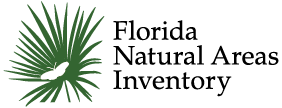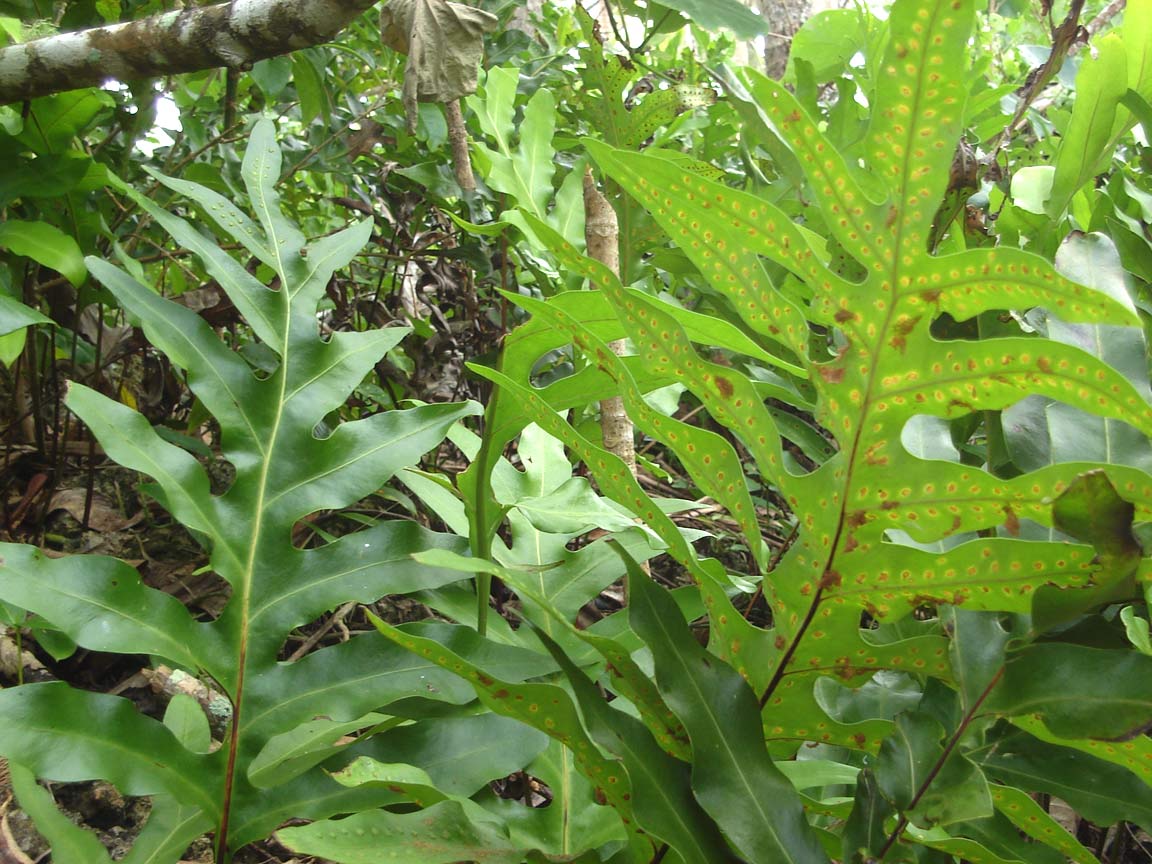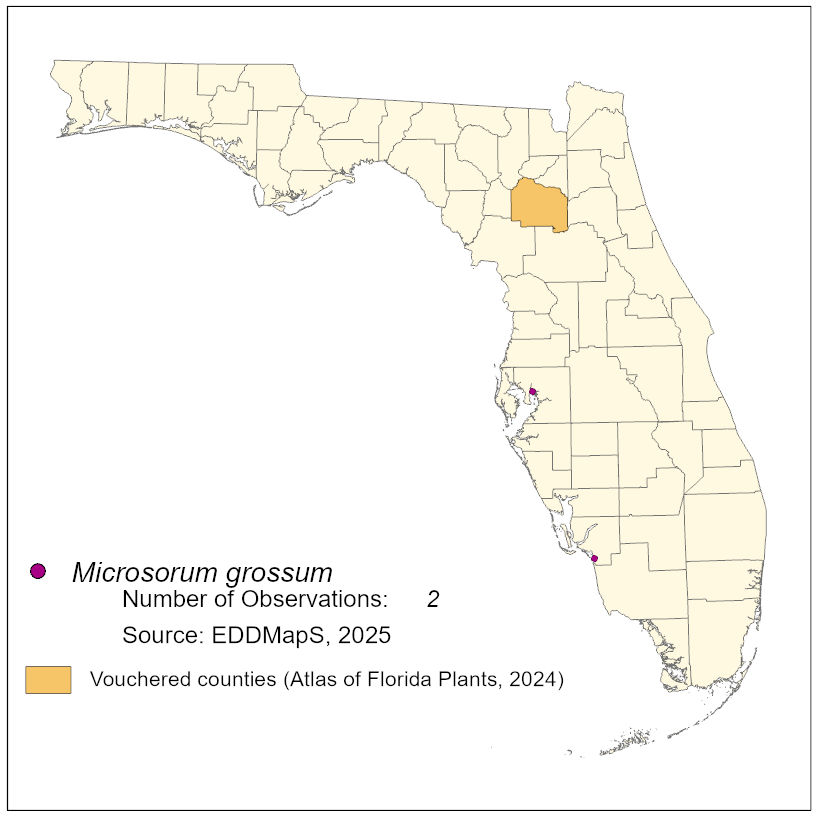Microsorum grossum


Common Name: serpent fern
Family: Polypodiaceae
Common Synonyms: Phymatosorus scolopendria
USDA Hardiness Zone: NA
Growth Habit: Perennial fern
Origin: Asia
FISC Category: 1
FDACS Listed Noxious Weed: No
Introduction Date: Earliest Florida specimen vouchered in 2002
IFAS Assessment:

Perennial fern with brown-black, scaly, creeping rhizomes, 5 mm diameter. Usually terrestrial but can be epiphytic. Leaf blades broad, flat, entire, oblong-ovate to subdeltoid, shiny, dark green, 10-40 cm long and 35 cm wide, usually pinnately divided into one terminal and 1-8 pairs of lateral lobes, wings of the rachis about equal to the width of the lobes. Sori in 2 irregular rows on each side of the midrib, circular or elongate, 3 mm wide, in shallow depressions on the bottom leaf surface, resulting in raised areas on the upper leaf surface.
Hammocks and mangroves
Leaves scented. Plant widespread in tropics of the world.

No specific recommendations available.
People and Plants of Micronesia. Phymatosorus scolopendria. University of Hawaii at Manoa. http://manoa.hawaii.edu/botany/plants_of_micronesia/index.php/full-database/458-phymatosorus-scolopendria. Accessed on June 26, 2014.
Lindsay, S. & Middleton, D.J. (2012 onwards). Ferns of Thailand, Laos and Cambodia. http://rbg-web2.rbge.org.uk/thaiferns/factsheets/index.php?q=Phymatosorus_scolopendria.xml. Accessed on June 26, 2014.
Wunderlin, R. P., and B. F. Hansen. 2008. Atlas of Florida Vascular Plants (http://florida.plantatlas.usf.edu/).[S. M. Landry and K. N. Campbell (application development), Florida Center for Community Design and Research.] Institute for Systematic Botany, University of South Florida, Tampa.